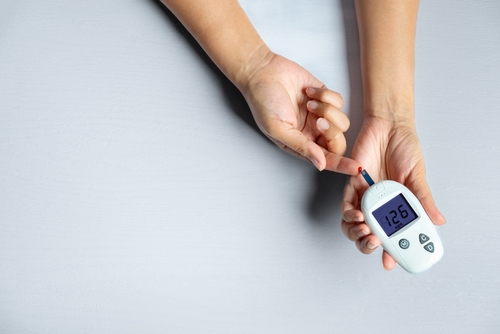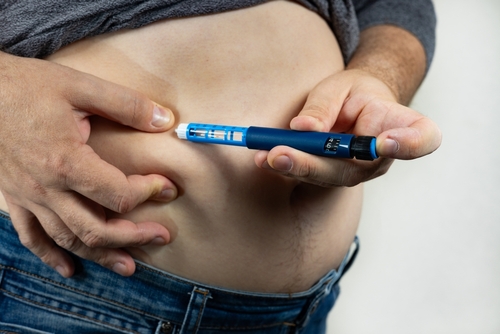
What is Diabetes?
When glucose levels in your blood are excessively high, it signifies diabetes. It occurs when the pancreas fails to produce sufficient insulin, or when the body doesn’t respond to insulin properly. People of all ages can be impacted by diabetes. Type 2 diabetes is a common disease affecting adults and children, primarily due to insulin resistance. Type 1 diabetes, an autoimmune disease, attacks and destroys insulin-producing cells, affecting up to 10% of individuals, typically diagnosed in children and young adults. Diabetes can be chronic, but it can be managed with medications or lifestyle adjustments. Long-term, elevated blood sugar levels can lead to health issues like heart disease, nerve damage, and eye complications. The Ayurvedic approach to diabetes focuses on balancing kapha with diet and a mindful, active lifestyle.

Ayurveda’s Holistic Treatment for Diabetes
According to Ayurveda, diabetes is dealt under the term Prameha, which reflects one of the cardinal symptoms of diabetes i.e. frequent urination. It is considered as an imbalance in the tridosha resulting from poor lifestyle choices, stress, and an unhealthy diet. According to the ancient healing system, diabetes is considered a holistic condition affecting the entire body. The goal of Ayurvedic therapy for diabetes is to rebalance the doshas by incorporating customized dietary plans, making lifestyle adjustments, and utilizing herbal remedies. Ayurveda for Diabetes takes a comprehensive approach to managing diabetes and enhancing the quality of life by addressing underlying causes and promoting overall well-being.
Timely detection of diabetes enables successful treatment and full recovery through the use of safe and effective ayurvedic methods and herbal remedies. Cleaning and detoxifying the body are important for managing diabetes as they improve metabolism and enhance the cells’ response to insulin. Ayur Bethaniya Ayurveda Hospital offers a comprehensive approach to treating diabetes, which involves a combination of internal and herbal medications to detoxify the body, as well as panchakarma therapies to improve insulin sensitivity, insulin secretion, and the regeneration of beta cells. Yoga, in addition to medical treatments, aids in managing diabetes by reducing stress and slowing down fat accumulation in the body. Ayur Bethaniya offers personalized therapies recommended by our doctors, along with regular yoga and exercise, a customized low-carbohydrate diet, and a stress-free lifestyle, which greatly helps in maintaining healthy blood glucose levels.


